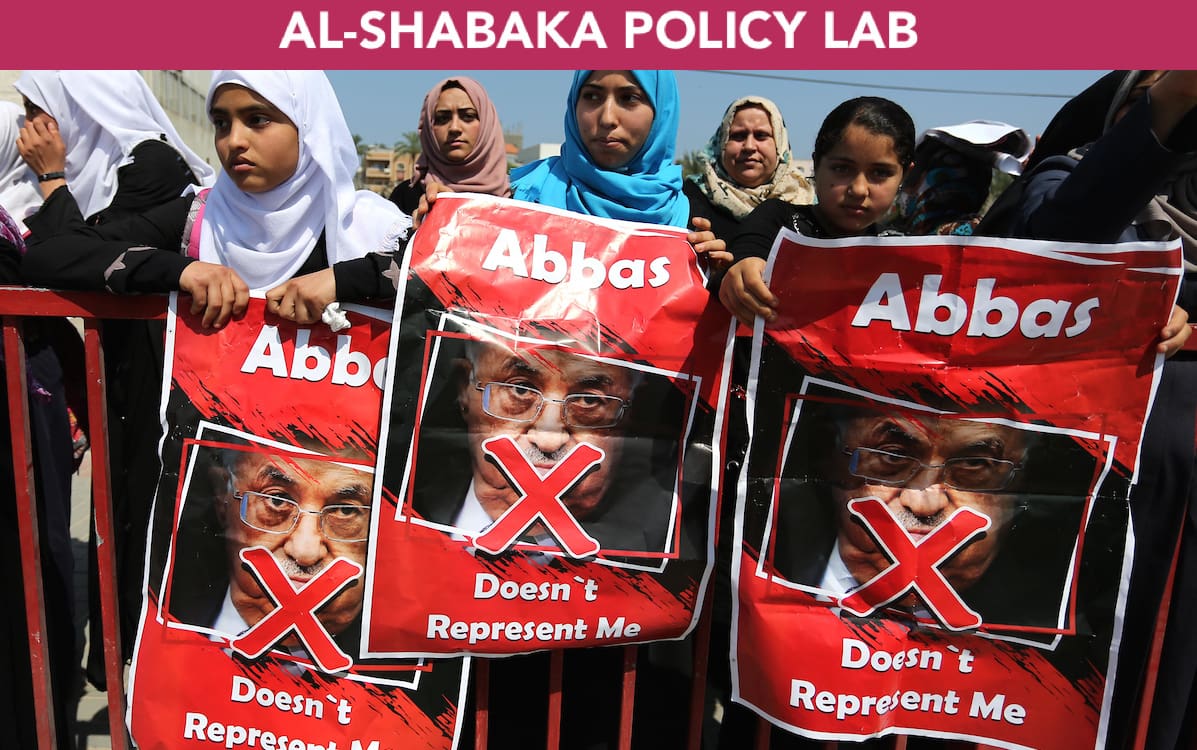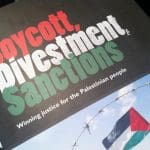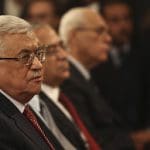
Current Palestinian governance is facing a legitimacy crisis. So what alternative options exist? Is a fully representative leadership even possible in the Palestinian context?
Al-Shabaka analysts Marwa Fatafta and Fadi Quran will explore these questions and more in our second policy lab, facilitated by Alaa Tartir.
Marwa is a Palestinian writer, researcher and policy analyst based in Berlin. She leads Access Now’s work on digital rights in the Middle East and North Africa region as the MENA Policy Manager. She is also an advisory board member of the Palestinian digital rights organization 7amleh. Previously, she worked as the MENA Regional Advisor for Transparency International Secretariat. Marwa was a Fulbright scholar to the US, and holds an MA in International Relations from Maxwell School of Citizenship and Public Affairs, Syracuse University. She holds a second MA in Development and Governance from University of Duisburg-Essen.
Al-Shabaka Policy Member Fadi Quran is a Senior Campaigner at Avaaz and a Popular Struggle community organizer. He previously served as UN Advocacy Officer with Al-Haq’s legal research and advocacy unit. Apart from his work in advocacy and international law, Fadi is also an entrepreneur in the alternative energy field, where he has founded two companies bringing wind and solar energy to Palestine and other countries in the region. Fadi holds degrees in Physics and International Relations from Stanford University.
Alaa Tartir is Al-Shabaka’s program and policy advisor. He is a senior researcher and director of the Middle East and North Africa Programme at Stockholm International Peace Research Institute, as well as a research associate and academic coordinator at the Geneva Graduate Institute, global fellow at the Peace Research Institute Oslo, and governing board member of the Arab Reform Initiative. Alaa holds a PhD from the London School of Economics and Political Science and is co-editor of Resisting Domination in Palestine: Mechanisms and Techniques of Control, Coloniality and Settler Colonialism (2023), Political Economy of Palestine: Critical, Interdisciplinary, and Decolonial Perspectives (2021) and Palestine and Rule of Power: Local Dissent vs. International Governance (2019). He can be followed on Twitter (@alaatartir), and his publications can be accessed at www.alaatartir.com.


















